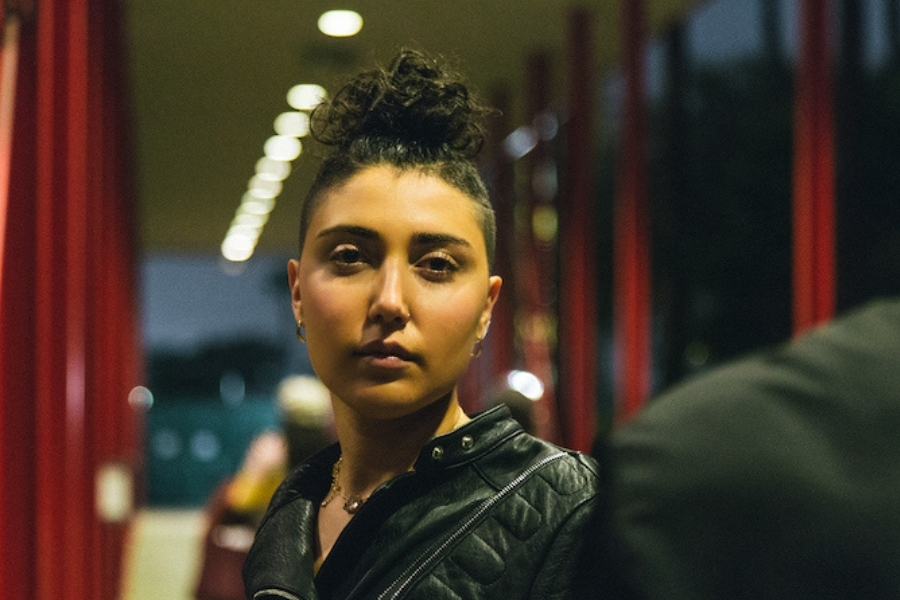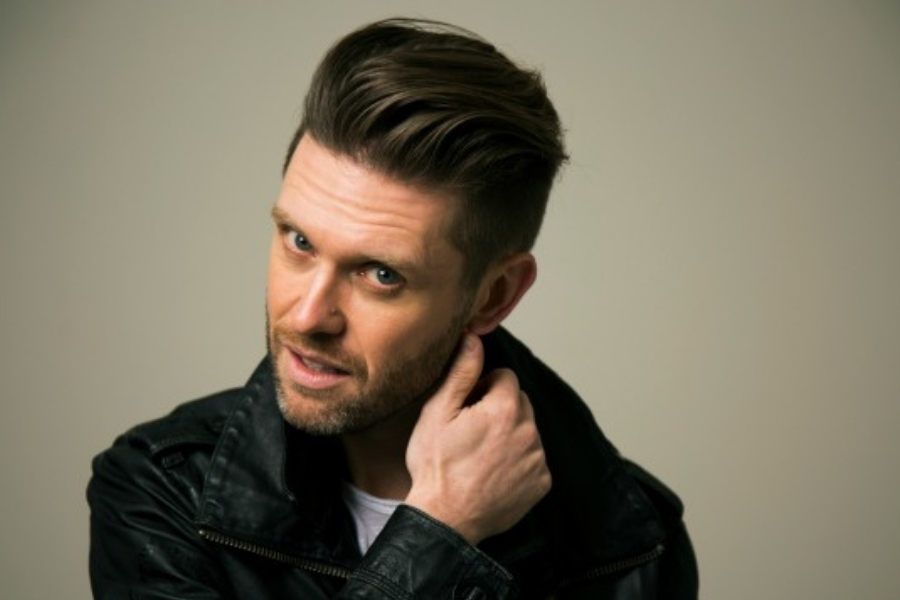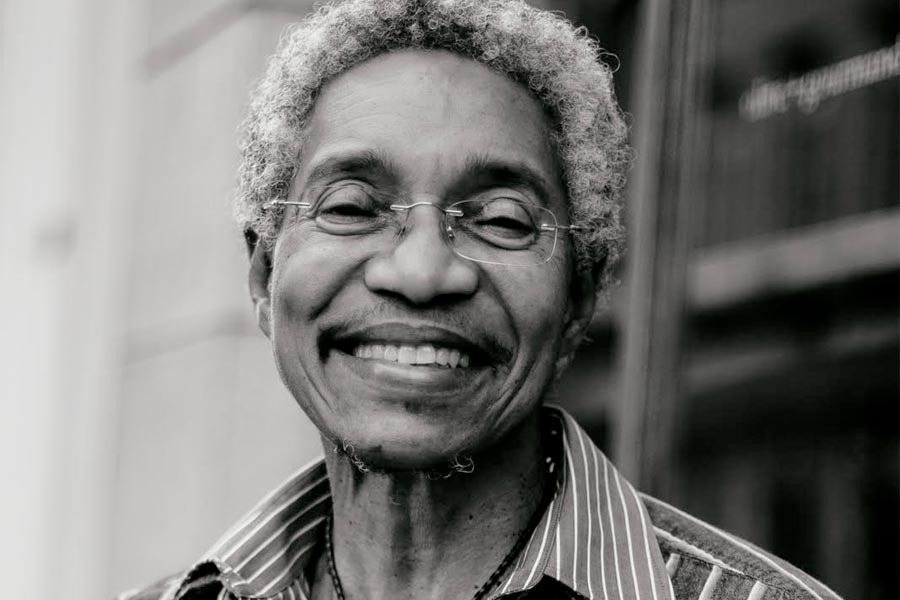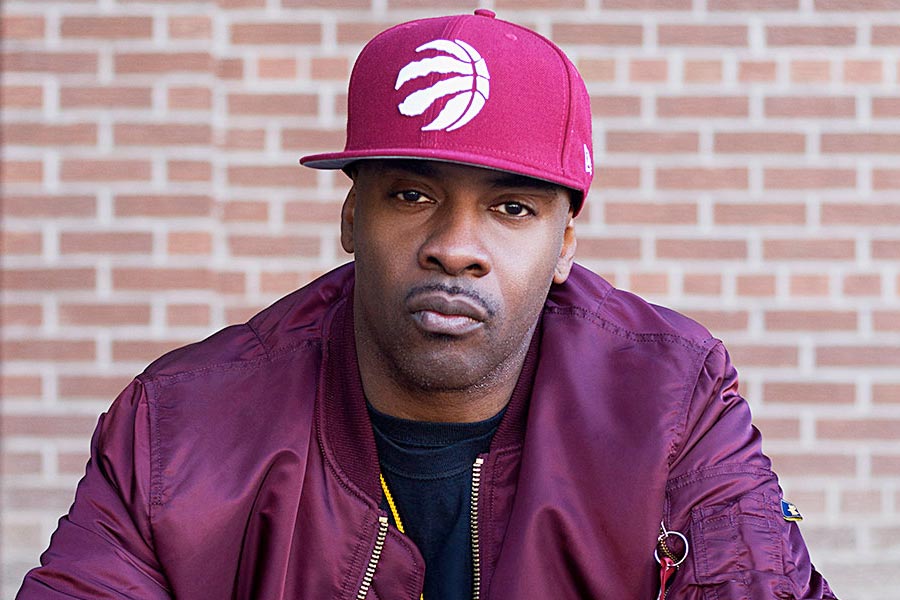STORRY is a seasoned artist trained in classical music who performs Mozart arias with as much confidence as hip hop, R&B, and gospel. Fierce and multifaceted, she writes and produces all her music. STORRY’s voice quality is second to none, and she uses and enhances her incredible sonorous gifts with prophecies witty, raw, and life-changing.
She preaches from experience. Lots of it. Her songs offer an honest portrait of life as a woman: it’s an image everybody can recognize, even if they don’t want to. Her poetic and musical creativity is unapologetic and fearless. In releasing her first single, STORRY is leaving the shadows and showing us the result of decades of artistic work.
What inspires you to create music?
I think music and art in general, is a way to impact the world and culture. And so, I create music to be impactful. To make people feel, to make people think, to make people leave changed. I really do believe that art is not only a reflection of our world but can also push culture forward and change the world.
Have you faced any major economic, social, or political hurdle(s) as a music creator?
Economically, I would say, music is an industry where there isn’t a lot of funding behind it. It’s quite expensive. Although these days it has gotten a little bit better, you know, by being able to record at home and such. But to get a real platform for your music to be heard is quite hard when you don’t have a marketing budget, or a team, or a label behind you. So, economically it can be hard for people that don’t have a lot of money.
And on a political/social level, I would say that being a woman, is a difficult part I think of being in any industry, but particularly in the entertainment industry. I’ve often been the only woman in a lot of studio settings, in a room full of men. More often than not, women are not seen as equally valuable… I’m usually mansplained a lot. I kind of have to bite my tongue, because there’s this kind of hierarchy that exists. So, its a very interesting landscape to try and navigate, and my feeling is that we really need to empower women; To be producers, play instruments, and be given equal opportunity to do those things in these environments.
Do you see any change in today’s music industry?
I have been seeing a shift – it’s slowly changing, but I think its been more surface-level than I would like. There’s been a lot of hashtags, like the #MeToo movement (which has been very important). But I think that this has allowed people to – especially men in the industry, who are misogynistic, or whatever – to hide under that guise of being ‘feminist’. ‘I follow this movement’ or ‘I stand behind strong women’, but they don’t actually act on those ideals. It’s a pretence – it’s trendy. And then it has a gaslighting effect on women. A lot of talk, and very little integrity or follow-through behind those words. So, I very much appreciate being here writing at the SAC ProSongWorks because it’s been a very balanced and respectful environment to create.
How did you learn your craft – was it ‘formal’ or ‘informal’ music education?
I initially started teaching myself how to sing and write from childhood. I taught myself how to play a bit of piano and guitar as well. I later ended up going to school for a couple years in classical voice and studied opera. It was a very interesting way to utilize my voice in a different way and I really enjoyed that. I didn’t finish university but it was a very fun experience for me. So having both sides of the spectrum – knowing how to jam and also knowing the theory and technique behind it, and knowing how to combine the two worlds.
Would you recommend this to other artists – to have a bit more background/education about the music?
I would. I think it’s important to have both. Some things in music cannot be taught theoretically. They’re internal vibrations and emotions. But knowing how to utilize your instrument(s) so you have multiple tools and options in your back pocket just adds to what you can accomplish when you’re in the right vibrations with the right collaborators. Then you can really finesse and polish the work to be exactly what you hear in your head. If, for example, if you’re vocal range is smaller, then often that will change what melodies you might come up with because there are certain limitations or boundaries you must work inside of. Studying or perfecting your craft or instrument can remove a lot of these limitations.
If the music community could do one thing better what would it be?
I’ve been thinking a lot about this actually.. ’cause I think there’s a lot of things that could be better. For one, me being an artist trying to release music on my own, I find it very difficult to navigate all the bits and pieces of the industry. Everything is scattered and there’s no blueprint. It’s like, if I were to open up a restaurant, there are certain things that need to be in place; you need to get certain permits, safety, understand the space’s capacity, there’s a framework.. but there’s no framework for the music industry per se. It’s kind of the wild west, and because of that, there’s no real regulations. With no real regulations, there can be a lot of corruption happening. So I think there needs to be some sort of way to regulate, to allow people to feel safe in these working spaces – to know that there is an entity holding people accountable if something goes wrong.



